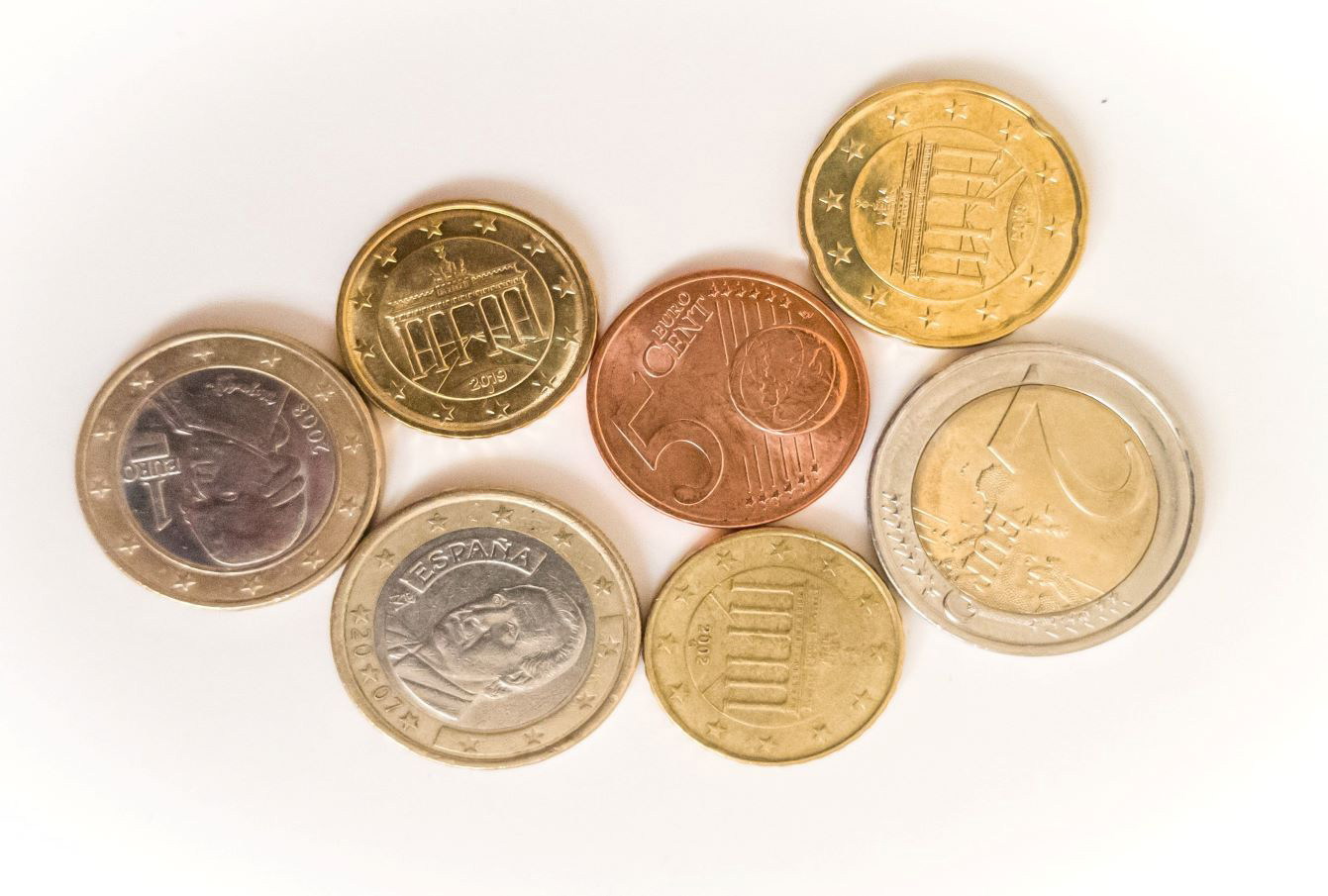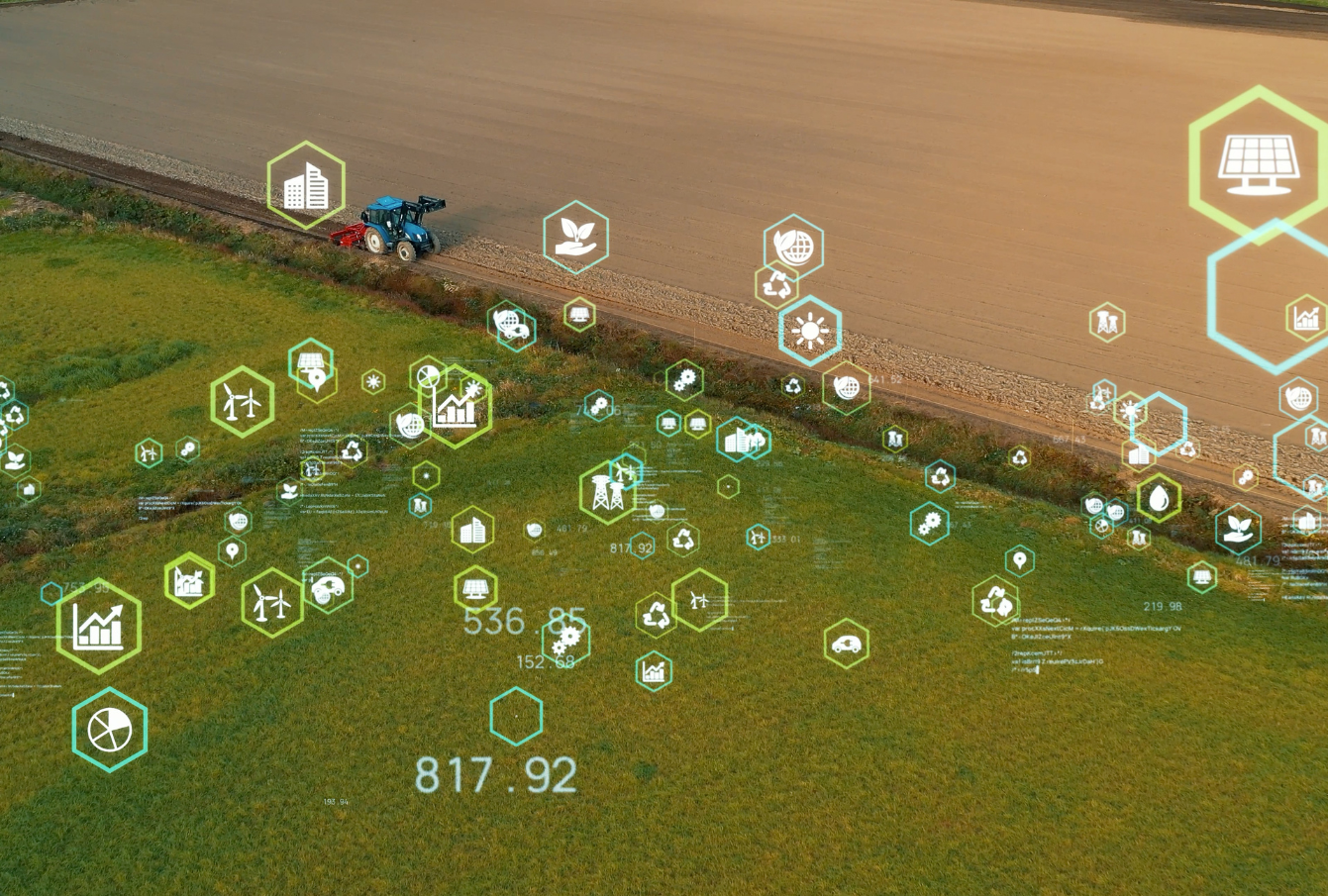 The National Recovery and Resilience Plan – Agriculture
The National Recovery and Resilience Plan – Agriculture
The National Recovery and Resilience Plan is an ambitious project created to boost the Italian economy. It is a €750 billion temporary recovery instrument to help repair the immediate economic and social damage of Covid-19. Furthermore, this plan will make Europe greener, digital, more resilient, and better fit for the current and forthcoming challenges.
The Recovery Plan allocates about 6.8 billion to the primary sector, specifically distributed in the following way:
- 800 million for logistics
- 5 billion for agri solar
- 500 million for the modernization of agriculture
- 2 billion for supply chain contracts
- 2 billion for the development of biogas and biomethane production and
- 880 million for artificial reservoirs and irrigation
The goal of the Recovery Plan is to strengthen the agricultural sector, making it more competitive, resilient and sustainable. Consequentially, the PNRR divides the agro-plan into three pillars: Circular Economy and Sustainable Agriculture, Supply Chain and Protection of the territory and water resources.
Circular economy and sustainable agriculture – 2.8 billion
This first pillar includes all the resources for the development of logistics for the agri-food, fisheries and aquaculture, forestry and nursery sectors. The 800 million allocated aims to reduce the environmental impact of transport, improve storage and processing capacity, enhance export capacity, and improve the logistics capacity of wholesale markets.
The funds strictly intended for the agricultural sector concern, for example, those who have processing and storage plants on the farm or those who intend to invest in agriculture 4.0.
The plan allocates € 1.5 billion to the agri solar sector in the first pillar. The government aims to encourage the installation of solar panels on warehouses and company structures (therefore no land consumption) equal to 2.4 million square meters. In this context, provisions are also made for the modernization of roofs, for example through the elimination of asbestos. The Ministry of Economic Development also has a project in this sector (with a budget of 1.1 billion) but dedicated to all production companies, not just agricultural ones.
EUR 500 million will be contributed to the third and final project of the first pillar, which is innovation and mechanisation in the agricultural sector. This pillar hopes to support the development of precision agriculture through the purchase of specific machinery. In addition, this pillar aims to innovate the processes of processing, storage and packaging of extra virgin olive oil.
Supply chain and district contracts – 1.2 billion
Through supply chain contracts, the government aims to achieve a wide range of objectives:
- Reducing the use of pesticides, antimicrobials, synthetic fertilizers.
- Strengthening organic farming and combating biodiversity
- Improving animal welfare.
- Improving value distribution along different stages of the chain.
- Developing renewable energy production and energy efficiency.
- Ensuring the security of food supply
- Reducing food loss and waste.
Protection of land and water resources – 880 billion
Within the third pillar of PNRR there is the project concerning the resilience of the irrigation agrosystem. In other words, the ability of water and irrigation infrastructures (dams, basins, pipelines, wells, reservoirs, etc.) to better manage the water resource. This is also in relation to climate change and hydrogeological failure.
This objective has EUR 880 billion allocated, including the governmental contribution of EUR 360 million for projects already underway for infrastructure investments in networks and irrigation systems.
Transversal projects
Additionally, there are a series of projects that touch several sectors and that could also benefit farmers. An interesting project concerns the development of biomethane and biogas. This project has a dowry of 1.92 billion euro and aims, among other things, to convert and improve the efficiency of biogas plants towards the production of biomethane. Furthermore, this project hopes to support the construction of new biomethane plants (contribution of 40% of the investment).
The Ministry of Telecommunications, on the other hand, is in the process of having a project in the pipeline. This project will support the broadband connection of rural areas with market failure as well as the development of satellite technologies that could have implications in agriculture.
In addition, The Ministry of Culture wants to relaunch tourism and culture, investing in villages and disadvantaged areas. In this context, aid to farmhouses is likely, which in this year and a half of Covid-19 have practically seen the turnover reset.





